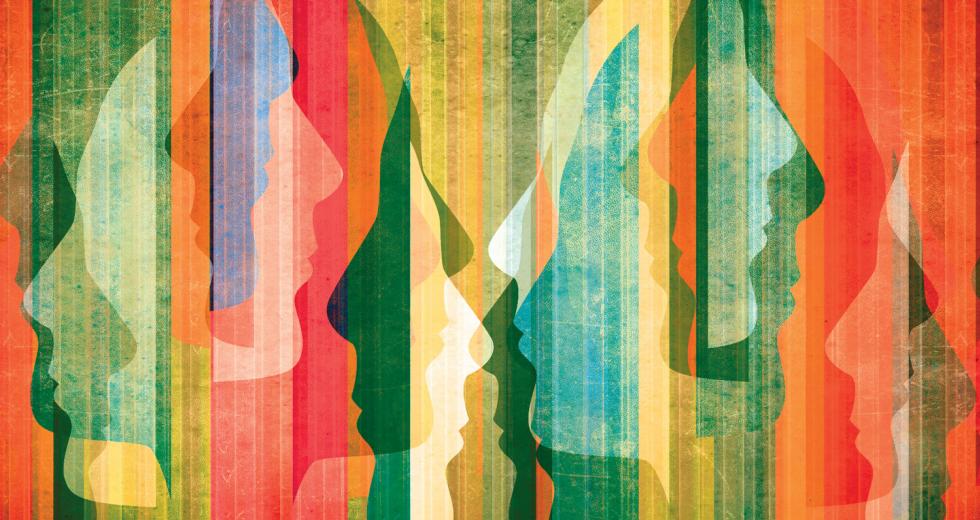There’s a lot of controversy about team-building exercises in the corporate world. Do they really boost morale? Does rappelling down a cliff actually build trust that translates into a more productive accounting office? Is retreating worth the time and expense?
First things first: You have to understand the difference between team building and team socializing. Many leaders who take their employees out for happy hour call it team building. It is not. Other leaders schedule structured activities such as escape rooms or go-karting and call it team building. It is not. Those activities are team socializing. Real team building, on the other hand, is thoughtful, done over time and proactive.
What little research that has been done on the subject throws doubt on the value of exercises that purport to bond employees through shared experiences. Building a cohesive, productive team takes more than a half day with a facilitator at a retreat center. It is “one of the most difficult things to do,” according to yachtsman Sir Russell Coutts, who led Oracle Team USA to win the America’s Cup in one of the greatest comebacks in sports history in 2013. The process requires planning, research and insight into members of the team.
A strong first step in building team cohesion and efficiency can involve team-building retreats that use personality assessment tools. These tools can effectively help people understand themselves and their coworkers in areas relevant to both personal and work situations. Diversity is promoted through a shared understanding of our own and others’ interests and strengths. They also provide the avenue toward the real trust that comes from clearly seeing other people — their perspectives, points of view and strengths, as well as their areas of discomfort or disinterest.
Why use the personality assessments? Because they facilitate the much-needed conversation: I’m different from you and you’re different from me, and that’s OK. Coworkers often get frustrated with their colleagues if they have different styles. Personality assessments offer teams the opportunity to have a conversation about accepting styles other than their own.
So which one is best? It depends. Below, I examine the pros and cons of the three most popular personality assessments.
Myers-Briggs Type Indicator
The purpose of the Myers-Briggs Type Indicator is to make the theory of psychological types described by C.G. Jung understandable and useful in people’s lives. The test identifies personal preferences — that is to say, those areas and activities on which people prefer to focus their attention. Are you an extrovert or an introvert? Do you make decisions based on feeling or thinking?
The test measures traits on 16 personality types and eight preferences, which are labeled with letters. Even if you remember your personal four-letter descriptive code — like ENTJ, which stands for extraversion, intuition, thinking, judgment — you probably have quickly forgotten the four-letter profiles of your co-workers. (I’m sure your manager has it in a file somewhere.)
The system is complex and easily forgettable. But there is another, more documented, problem: The test has been shown to be inconsistent. Your preferences can easily change with mood, seasons and context. Additionally, since it is widely known that ENTJ is the preferred personality profile in corporate America (these people tend to exhibit charisma, confidence and personality), it makes it easy to dismiss others’ styles as inferior. This is a good assessment for self-reflection, but too complex if you don’t have time to dig into the results.
DiSC Profile
Significant differences exist between Myers Briggs and the DiSC profile system. Briefly, MBTI measures what you want to do, whereas DiSC measures how you do it. Four measurements of work style are measured: dominance, influence, steadiness and compliance — all four necessary parts of a functioning team. For example, do you tend to spend meetings brainstorming and innovating (influence) or following a carefully crafted agenda word for word (compliance).
While most people soon forget their explanatory initials derived from the Myers-Briggs test, the brightly-colored pie charts from DiSC results help with recall. Sponsors of DiSC (and there are several different companies selling the test) claim a higher level of reliability, but these claims have not been as rigorously researched as Myers Briggs. While DiSC is not as robust, it is easier to remember, so for a half-day session — choose DiSC.
StrengthsFinder
The StrengthsFinder (now rebranded as CliftonStrengths) identifies 34 potential strengths, both in personality preferences and productivity style. When you take the test, you are told your top five. This is a popular tool since it emphasizes what people do well. The emphasis on strengths makes for a comfortable jumping off point for fruitful team discussions that emphasize positive attributes, rather than the potential judgments that might be derived from the other personality inventories. Emphasizing strengths also makes the results inherently memorable. And people love talking about how great they are, so it’s usually popular. StrengthsFinder is a great tool — and my favorite.
Regardless of which personality assessment tool you choose, making the time to have conscious conversations about different working styles is worth your time as your team works toward mutual understanding. It’s a necessary and needed step in the right direction. Their primary goal is to help people coordinate and cooperate. They can help coordinate vertical thinkers (deep and thorough, if sometimes narrow) with the lateral thinkers (fast and encompassing, if sometimes shallow).
What is necessary in the corporate world as in the private world is an understanding that your way isn’t the only way. An escape room won’t create that understanding but these tools might. And if facilitated well, hopefully your employees won’t want to escape.
Which personality assessment tool do you swear by? Tweet us at @COMSTOCKSMAG




Comments
DiSC (with the little i) is a registered trademark of John Wiley & Sons, Inc. There's is the original assessment based on the DISC model.